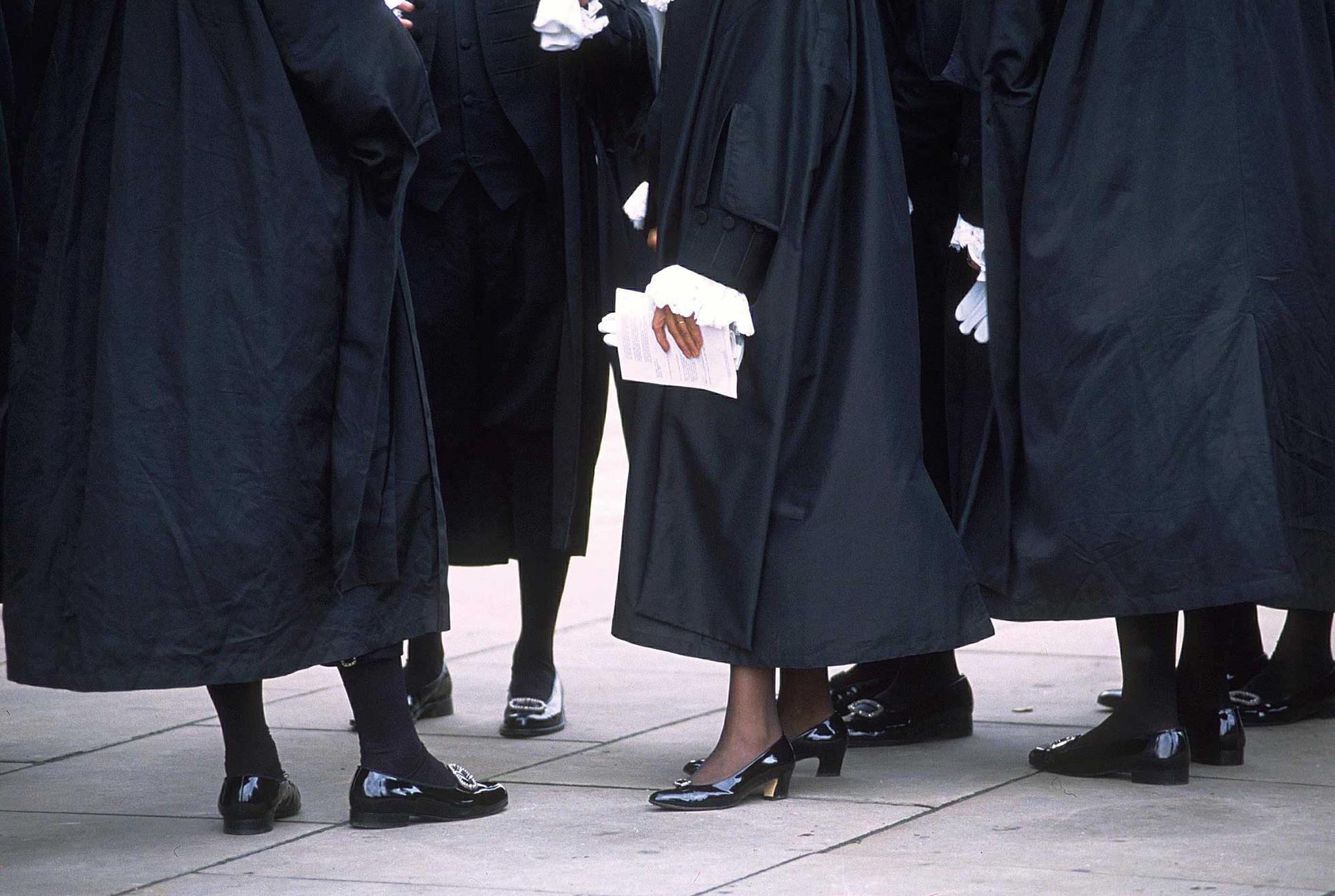Step forward, Channel 5, which is considering what legal journalist Neil Rose described as "a Dragon's Den-style TV programme in which potential claimants try to persuade a panel of lawyers of the strength of their claim."
Yes, that's right. The channel's in-house development team has come up with the idea of a reality TV show for the personal injury sector. Its letter, circulated to a number of PI firms (including mine), set out the nuts and bolts of the idea:
"Members of the public (potential claimants) would attend a clinic like setting and then discuss their cases with four of the UK's leading personal injury/negligence lawyers. These cases would range from personal injury to medical negligence to consumer complaints and small claims.
"The contributor presents their case individually to the each of the lawyers, along with any evidence - photographs, home video, medical reports etc. It is here that the lawyers have the chance to question the claimant and establish the true evidence of the case.
"The lawyers must be ruthless in their pursuit of the truth if they're going to weed out the genuine, watertight cases of real affected claimants from those who are unreasonable, mislead or simply chancers trying their luck."
Touching faith?
In some ways, it's tempting to thank Channel 5 for the faith they evidently have in PI lawyers' televisual appeal. It seems they imagine that out here in the real world of toil for injured clients, there is a Duncan Bannatyne among us, or, perhaps, a Karren Brady (panellist from The Apprentice), a lawyer of such charisma (Perry Mason, perhaps! Or Rumpole!) that he or she will hold viewers' attention and help turn the show into a must-see hit.
Channel 5's understanding of the legal process is also almost touchingly naïve. What do its creative minds think will happen to claimants, whose claims have been aired on television, but rejected? Have the words 'conflict of interest' ever been uttered in a Channel 5 commissioning meeting? What of defamation, as claimants lay the blame elsewhere?
But although such thoughts might prompt a wry smile, we should resist too light a response to this idea. The reason is simple. It flies in the face of the notion of justice.
The law is not a game. It's not light entertainment. People who have been hurt in accidents aren't fodder for a television show. They're real people who are often fragile and vulnerable. They need help. They need to instruct a solicitor knowing that he or she will do his or her utmost to investigate their claim and obtain the right compensation. The process of instructing a solicitor should not be turned into a sideshow, one of needless extra pressure accompanied by the whir of television cameras, shouts of 'cut' and requests for 'another take, please'.
Into the bin
Some time ago I wrote a blog about why I became a PI lawyer. There were a number of reasons; perhaps the key ones were wanting to help people and having a passion for justice. Nowhere on my list did the phrase 'opportunity to appear on TV' appear.
As if civil justice isn't under enough threat at present, along comes Channel 5 with its bone-headed idea. The channel's letter went straight into the bin at Spencers. I hope my colleagues in other PI firms up and down the country, large and small, will have the same response.


